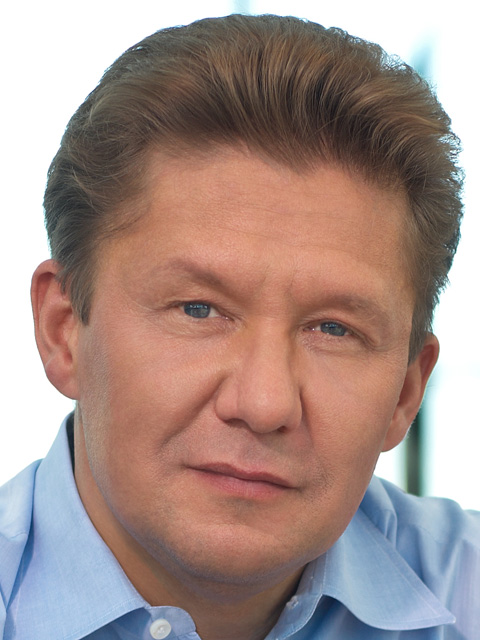Global Gas Markets: Energy Policy and Energy Security
The key factors influencing the current globalization of the gas market are increased gas supply from non-traditional sources, the growth in liquefied natural gas (LNG) trading, and the shift from long-term contracts to spot pricing. Together, these factors pose a significant threat to exports of Russian gas, in terms of both volumes and price conditions. Politically motivated institutional barriers are currently being erected in Europe, hampering the implementation of a number of important infrastructure projects aimed at diversifying gas supplies and reducing transit risks. Export gas shipments from Russia are increasing, however: growth stands at 15% since the beginning of 2017. The rise in LNG supply, including from the US, is intensifying competition on the global market, primarily in the Asia-Pacific region, where Russia has been making great efforts to diversify its exports. What should Russia’s gas export strategy be in these conditions? Will the global gas market map change in the near future? Will it be possible to expand the geographical scope of Russian gas supplies? Can solutions to the key problems regarding the construction of major gas transport infrastructure projects be identified?
Moderator:
Alexey Grivach ,
Deputy Director General on Gas Matters, National Energy Security Fund (NESF)
Panellists:
Rainer Seele ,
Chairman of the Executive Board, Chief Executive Officer, OMV AG; President, Russian-German Chamber of Foreign Trade
Mario Mehren ,
Chief Executive Officer, Wintershall Holding GmbH
Alexey Miller ,
Deputy Chairman of the Board of Directors, Chairman of the Management Committee, Gazprom
Sun Xiansheng ,
Secretary General, International Energy Forum (IEF)
Seyed Mohammad Hossein Adeli ,
Secretary General, Gas Exporting Countries Forum (GECF)










